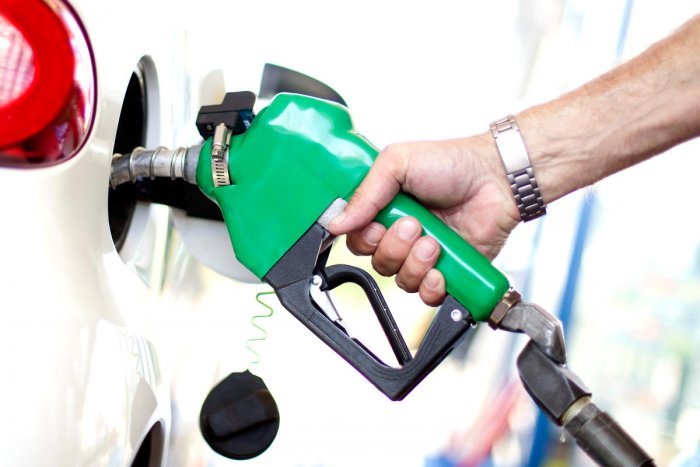Rama Krishna Sangem
India is readying to buy more oil from outside Russia, to please US President Donald Trump and escape from his tariffs attack. Of course, India will not reduce its purchase of oil from Russia, but at the same time more of it from outside that country, like the Gulf and the West Asia. There may not be much of price difference, according to a Bloomberg news story.
India is preparing to lean more on West Asian oil suppliers such as Saudi Arabia, the UAE and Iraq, as the United States tightens the screws over its imports of Russian crude, reported Mint citing people familiar with the matter.
For decades, India’s refiners sourced most of their crude from West Asia. That changed three years ago when Russia, shut out of European markets after invading Ukraine, began offering deep discounts.
Saudi Aramco and Abu Dhabi National Oil Co., the energy flagships of Saudi Arabia and the UAE and among West Asia’s top crude oil producers, are now back on the list of suppliers India may turn to.
As per the report, import of Russian oil will continue, but India is also looking at diversifying its imports, and higher supplies from West Asia are being looked at.
Russia oil is not cheaper anymore
Anyway, the lure of Russian crude has dimmed. Discounts have narrowed to around $2 a barrel, and India’s purchases have slipped, though Russia still accounts for 36% of total imports, up from just 2.5% before February 2022.
In FY25, Russia was India’s biggest supplier with $50.28 billion in exports, followed by Iraq ($27.35 billion), Saudi Arabia ($20 billion) and the UAE ($13.86 billion). In the first two months of FY26, Russia shipped $9.16 billion worth of crude to India, ahead of Iraq ($5.36 billion), Saudi Arabia ($3.26 billion), the UAE ($2.8 billion) and the US ($2.7 billion).
Inquiries for West Asian oil have already increased of late,” an industry executive told Mint, requesting anonymity.
India’s refiners can handle both Russian Urals and heavier West Asian grades more easily than lighter US oil such as West Texas Intermediate. This makes Iraq, Saudi Arabia and the UAE natural alternatives. Alongside state-run companies, Reliance Industries and Nayara Energy are also major importers.
Price, however, could be a sticking point. West Asian producers rarely give discounts, and the landed cost after shipping and insurance often tops the headline price. The September Brent contract is currently trading at $66.64 a barrel. Saudi Arabia also charges Asian buyers a premium, and in July raised prices for August deliveries by $1–2.20 a barrel above the regional benchmark, Bloomberg reported.


